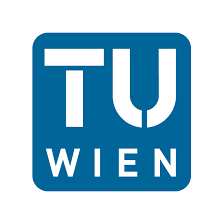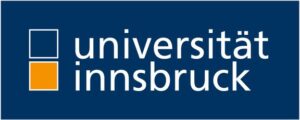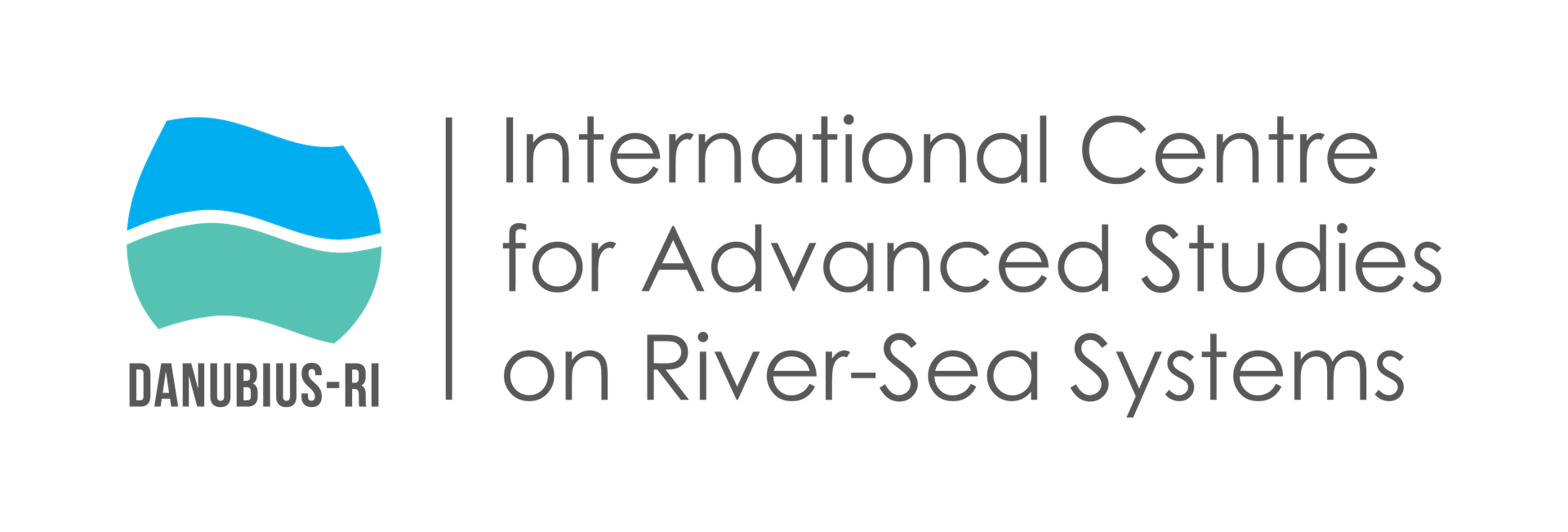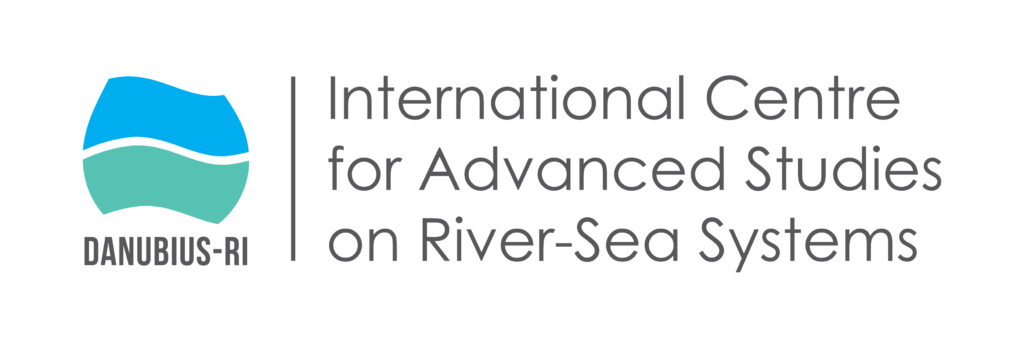DANUBIUS-RI
DANUBIUS-RI, the International Centre for Advanced Studies on River-Sea Systems, is a distributed environmental research infrastructure on the Roadmap of the European Strategy Forum on Research Infrastructures (ESFRI), coordinated by the Romanian National Institute for Marine Geology and GeoEcology (GeoEcoMar).
The Vision of DANUBIUS-ERIC is to achieve healthy River-Sea Systems and advance their sustainable use, in order to live within the planet’s ecological limits by 2050, while its Mission is to facilitate excellent science on the continuum from river source to sea; to offer state-of-the art research infrastructure; and provide the integrated knowledge required to manage and protect River-Sea Systems. Challenges and gaps in our knowledge have been identified and must be addressed if we are to achieve healthy River-Sea Systems. These include ensuring sufficient flows of water and sediment, maintaining structural integrity and continuity, facilitating processes of natural self-organisation over time and promoting resilience to extreme events.
Supersite “Upper Danube Austria”
The Danube River in Austria and its tributaries have been transformed into a highly engineered riverine system with far-reaching consequences for the environmental and ecological conditions of the river network.
The supersite “Upper Danube Austria” aims to investigate the long-term development of specific sites within the network of the Upper Danube River, based on the Science and Innovation Agenda of DANUBIUS-RI. Specific emphasis at supersite level is given to water quality, sediments, ecology and biodiversity, as well as effects of climate change, land-use change and extreme events.
Overview of DANUBIUS Austria
- Coordination:

BOKU University –
Institute of Hydrobiology and Aquatic Ecosystem Management (IHG)
and
Institute of Hydraulic Engineering and River Research (IWA) - Involved Partners:

University of Vienna, Department of Functional and Evolutionary Ecology
Univ.Prof. Dr. Christian Griebler
WasserCluster Lunz – Biological Station GmbH
Assoc.Prof. Dr. Gabriele Weigelhofer Technical University Vienna – Research Center Water and Health
Technical University Vienna – Research Center Water and Health
Assistant Prof. Dipl.-Ing.in Dr.in techn. Julia Derx
University of Innsbruck – Department of Ecology, Fluvial Ecosystem Ecology Research Group
Univ.Prof. Mag. Dr. Gabriel Singer
Environment Agency Austria – Department of Surface Waters
Dipl.Geog. Dr. Oliver Gabriel - Research area: the Danube stretch in Austria with a focus on the Danube east of Vienna in the Danube Floodplain National Park and the pre-alpine Ybbs river network
Challenges
The main challenges are the impact of human river degradation, climate change and intensification of land use. These impacts affect the river and its floodplains and adjacent groundwater bodies in:
- Connectivity and habitat availability: river straightening, hydropower dam construction and cultivation of former floodplains led to reduction in lateral and longitudinal connectivity and loss of habitats for freshwater organisms
- Nutrient input: reduction of buffer zones along rivers and intensified land-use increase the nutrient load in the aquatic ecosystems
- River bed incision: interrupted longitudinal connectivity impairs river sediment transport and evokes a progressing river bed incision
Research Priorities
All of the above-mentioned pressures have to be addressed to combat the complex climate and biodiversity crisis to ensure crucial ecosystem services and to create resilient freshwater ecosystems. Therefore, the research priorities in the Upper Danube supersite are:
- To evaluate long-term trends as well as short-term fluctuations in surface waters and coupled surface-groundwater systems in biogeochemical and biological processes
- To analyse quantity and composition of bedload via long-term series for sustainable measures in hydraulic engineering management
Services
The Upper Danube Supersite provides services delivering automized high-frequency recording of environmental, hydrochemical and biological data as well as data from field surveys, experiments and laboratory analyses.
Added value
The supersite “Upper Danube Austria & pre-alpine network of tributaries” will
- contribute relevant expertise to advance process and system understanding in the Upper Danube river networks and the comparison with other representative sites in DANUBIUS-RI (land-use changes, water – energy – food nexus)
- enhance stakeholder engagement and foster dialogue between research and actors in management and policy
- support the development of integrated management strategies and policy-making making in the Danube and major tributaries
- provide access to state-of-the art facilities, methods and tools, as well as samples and data in 2 Austrian regions and to other European Supersites
- provide access to high-end facilities, data sets and representative sites of DANUBIUS partners (observation platforms, nodes and the Hub)
- play a key role in international cooperation in research and education in river-sea system science (related to the priorities in the SIA)

Univ.Prof. Dr. Thomas Hein
Head of Upper Danube Supersite
Institute of Hydrobiology and Aquatic Ecosystem Management (IHG), BOKU University Vienna
+43 1 47654-81201
thomas.hein@boku.ac.at

Univ.Prof. Dipl.-Ing. Dr.nat.techn. Dr.h.c. Helmut Habersack
Head of Upper Danube Supersite
Institute of Hydraulic Engineering and River Research (IWA), BOKU University Vienna
+43 1 47654-81901
helmut.habersack@boku.ac.at

Priv.Doz. Dr. Daniel S. Hayes
Coordinator of Upper Danube Supersite
Institute of Hydrobiology and Aquatic Ecosystem Management (IHG), BOKU University Vienna
+43 1 47654-81226
danubius.boku@boku.ac.at

Dipl.-Ing. Dr.nat.techn. Marcel Liedermann
Coordinator of Upper Danube Supersite
Institute of Hydraulic Engineering and River Research (IWA), BOKU University Vienna
+43 47654-81914
danubius.boku@boku.ac.at


